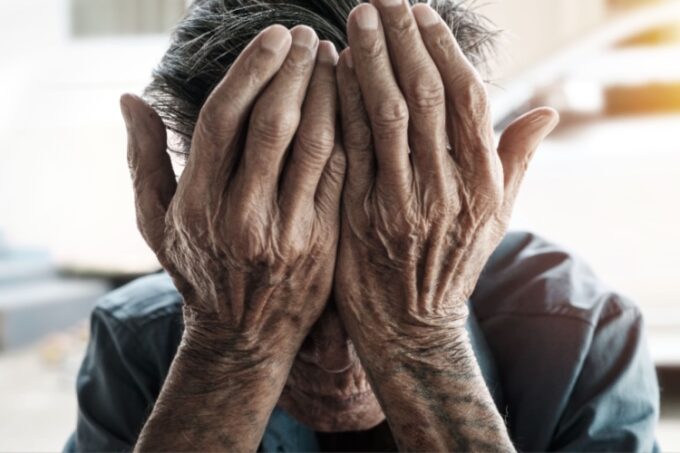Caregivers
A caregiver is someone who provides assistance to another person who cannot live fully independently due to physical, psychological, or mental disability.
Caregivers provide support and assistance to people who need help with daily tasks.
Personal care
• Bathing
• Dressing
• Brushing and flossing teeth
• Shaving
• Trimming nails
• Applying skincare products
• Oral hygiene
• feeding
Medication Management
• Administering medication and Ensuring people take medication on time.
Health monitoring
• Taking a person’s temperature, pulse, respiration, and weight
• Monitoring a person’s health and wellbeing
• Reporting any changes in a person’s health
• Social and physical activities Supporting people with social and physical activities and Helping people exercise.
• Providing companionship Listening to people and Showing care and support.
Caregiver Burnout
Caring for others can be overwhelming at time (we are all human). It can lead to the physical, mental and emotional exhaustion and can negatively impact the caregiver’s ability to care for themselves or their families.
Symptoms
• Physical
Fatigue, exhaustion, aches and pains, frequent headaches, insomnia, weight changes, frequent infections
• Mental
Anxiety, depression, feelings of helplessness or hopelessness, difficulty concentrating, lowered self-esteem
• Emotional
Anger or frustration, irritability, loss of joy, loneliness, suicidal thoughts
• Social
Withdrawal from friends and activities, social isolation
• Behavioral
Unhealthy behaviors like drinking or smoking too much, altered eating pattern
At Darushifa we provide our caregivers with enough time to rest in between shifts to minimise the risk of caregiver burn out. Caregivers are encouraged to eat healthy and exercise and to let us know if they not feeling well or stressed so that counselling may be arranged.
Old Age Homes often have to navigate through the stigma that is attached to Old Age Homes.
What are some of the reasons why an elderly person in this case elderly granny ends up in a home like ours. The reasons are not always negative or with malicious intent.
It is important to take note that in many cases we do counselling with loved ones because often they feel soo bad for being in a position of seeking assistance. Some loved ones sadly go through a lot of judgement.
It is important to recognize that Darushifa actively tries to avoid becoming what is called a ‘dumping ground’ for the elderly. We require active involvement when there are loved ones involved.
- In most cases the elderly granny does not have anywhere to go. It may be that she was never married and as such has no husband or children and may not have any family that she can rely on or extended family cannot accommodate her in their homes as they are already accommodating their parents or siblings of the granny are also elderly. At times family politics can also be reason.
- The granny may be very frail and elderly and if she does have a husband or children, the husband is frail or elderly himself and unable to care for his wife in the manner in which he wants her to be cared for. Same applies to the children who may be elderly themselves especially if you have an eighty odd year old mother then the children maybe in their sixties. There are instances where an elderly mother only has sons who want to protect her dignity and require assistance in caring for her especially with bathing or diaper changes. We had cases where the sons/children are either unemployed or elderly and on sassa or do not earn enough to care for the family as well as pay for private caregiver for their mother or there is no one at home in the day and leaving a parent with a caregiver on her own without supervision in their private space is not something that is easily done.
- The elderly granny/person may have a disorder or disease or chronic condition that the family is struggling to assist her with. She may also be stubborn, difficult, confused or struggling with dementia, Alzheimer’s or other such disorder that the family is not equipped to manage effectively to improve the living condition of their loved one.
the above is not an exhaustive list of reasons but we hope that this has given you some food for thought from our experience.


